The Victory Garden Movement : Then, Now, and the Future of a Healthier America
By Jacqueline Capriotti
A Legacy of Growth: The Power of Positive Propaganda
During the World Wars, Victory Gardens weren’t just about growing food; they were a nationwide movement fueled by positive messaging. Government campaigns, posters, radio broadcasts, and celebrity endorsements encouraged citizens to take action in their own backyards. The imagery was compelling, the slogans were empowering, and the result was 20 million Victory Gardens producing 40% of the nation’s fresh produce by 1945—a testament to American resilience, unity, and commitment.
The success of these gardens wasn’t merely a matter of food supply—it was a reflection of our national character. Hard work, self-reliance, and community spiritwere woven into the fabric of everyday life. The message was clear: We will win the war by growing our own food.
The Shift: Post-War Industrial Agriculture and the Endless Growth Model
After WWII, America underwent a transformation. The Baby Boom brought an unprecedented population surge, increasing the number of mouths to feed. Agricultural industrialization answered the call, scaling up food production with mechanization, synthetic fertilizers, pesticides, and genetically modified crops. But unlike wartime food systems, which adapted to necessity, this industrial approach never leveled off. It just kept increasing, expanding, and intensifying.
The outcome? A food system that produces in abundance but at a cost: soil depletion, loss of biodiversity, nutrient-deficient food, and a skyrocketing rise in chronic illnesses. We turned up the dial, but we never turned it back down. Now, we are paying the price with our health.
The Reckoning: Reclaiming Resilience and Hard Work
Americans are known for their adaptability and ingenuity. We invented Hollywood, Nashville, and entertainment that has set a global standard. The fashion and artindustries pour out of us, shaping culture worldwide. The glossy magazine image of the United States can lead the way—not just in entertainment, but in the movement to make America the healthiest country in the world.
The Victory Garden movement has started and stopped many times over the decades, but it gained major momentum again during the pandemic of 2020, when people across the country began growing their own food—even if they didn’t all call it a Victory Garden. The homesteading movement has been growing, yet many of these efforts remain isolated and disconnected.
What will ignite this into a true national movement? Sharing the harvest and experience. The first time around, a little nudge from the government, corporations, parishes, schools, doctors, non-profits, and neighbors helped spread the movement. The same approach can work today to **connect individuals, communities, and organizations to build a new era of health, sustainability, and food sovereignty.
The Holistic Approach: Victory Gardens as a Solution for Our Social Crisis
This movement isn’t just about food—it’s about healing our people and our communities. Gardening has been shown to improve mental health, reduce stress, and foster human connection. Imagine if we applied these principles to:
Veterans with PTSD: Gardening as therapy, helping vets reconnect with nature and find purpose. Two of our great partners for the Victory Garden Alliance, are Jon Jackson of Comfort Farms and Sunny Welch is doing for vocational rehab and therapy combined. They are leading the way with many other veterans groups and we look to connect as many together so they can share their success, learn from each other, and inspire more to break ground.
Chronic Illness: Food as medicine, restoring gut health and reversing preventable diseases.
Food Insecurity: Community gardens and urban farms feeding those in need.
Depression & Mental Health: The simple act of planting and nurturing can bring people back to themselves.
Violence & Recidivism: Gardening programs in prisons have shown profound effects on reducing repeat offenses.
Addiction Recovery: Nature-based rehabilitation that provides a path forward.
Vocational Rehab: Training people to grow food and start local food businesses, creating economic empowerment.
The Victory Garden Alliance: A Grassroots Approach
The best part? It has already started. Across the country, individuals and communities are leading the way—reviving soil, growing nutrient-dense food, and proving that food sovereignty is possible.
We will continue to highlight these trailblazers, share their knowledge, and inspire action. But the organization to achieve this must come from within—from our gardens, rooftops, balconies, windowsills, vacant lots, parks, schools, churches, and farms.
How to Get Involved
Start small: Organize a network on your street, even if it’s just 2-4 houses. That’s how it begins. Zen Honeycutt of Moms Across America has started the Neighborhood Food Network, providing incredible guidance on local organizing. Learn more at Neighborhood Food Network .
.West Virginia Extension has an incredible program called Grow This: West Virginia Garden Challenge. They have created a Victory Garden movement through their S.N.A.P. program encouraging camaraderie, community and even fun competition across the state. Click here to see the Grow This WV
Join a community garden: Work together and share your harvest. A great resource for finding community gardens is https://www.communitygarden.org, and if one doesn’t exist near you, consider starting one yourself!
Sell and buy local produce: Pool resources and reinvest in your gardens. Find a local farmers market near you at Find a Farmers Market Invite a lonely neighbor: Gardening together builds friendships and support. You don’t have to be a farmer to sell at a farmer market, some are local neighborhood growers, or could be.
Barter and trade: Share seeds, recipes, and skills within your community. Create Food Trading and Seed swap events locally, akin to the new trunk or treats.
Educate and inspire: Teach others about the benefits of growing their own food. Join a Master Gardener program with your state or university and share your knowledge. Or just start a YouTube channel, become a gardening influencer, or start a blog.
The Future: A Culture Rooted in Growth and Connection
Imagine a future where every school has a garden, every hospital prescribes fresh food, and every community gathers around local harvests. Where urban spaces are repurposed for food forests, and gardening is as common as checking your phone. Where food heals instead of harms, and where our human connection—to nature, to each other, and to our Creator—is restored.
Science backs it up: Gardening improves health, prolongs life, and enhances quality of life. It gets us outdoors, into the sun, and into fresh air. And yes—it even brings joy, as any gardener with a happy dog running through the garden (or collecting sticks for you) will tell you.
Victory Gardens aren’t just a thing of the past. They are our future. If we did it before we can do it again. It starts with a single seed. Will you plant yours?
Take action today! Share a photo of something you're growing, or declare your commitment to joining the movement with a post on social media. Use the hashtag #VictoryGardenAlliance and tag a friend to inspire them to join the revolution!


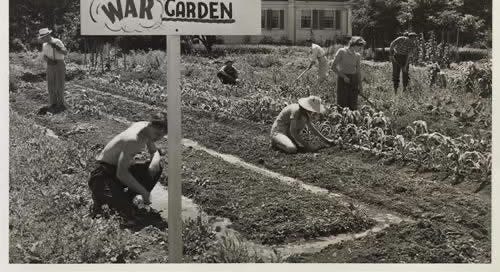





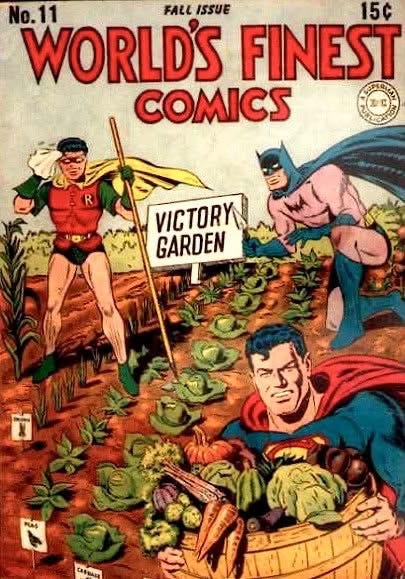
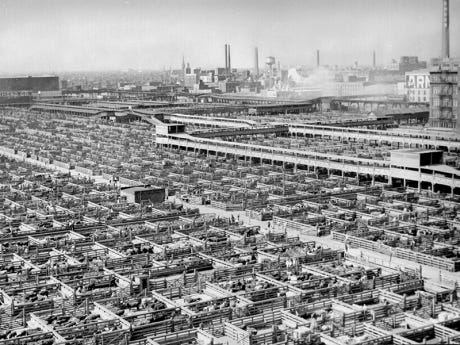
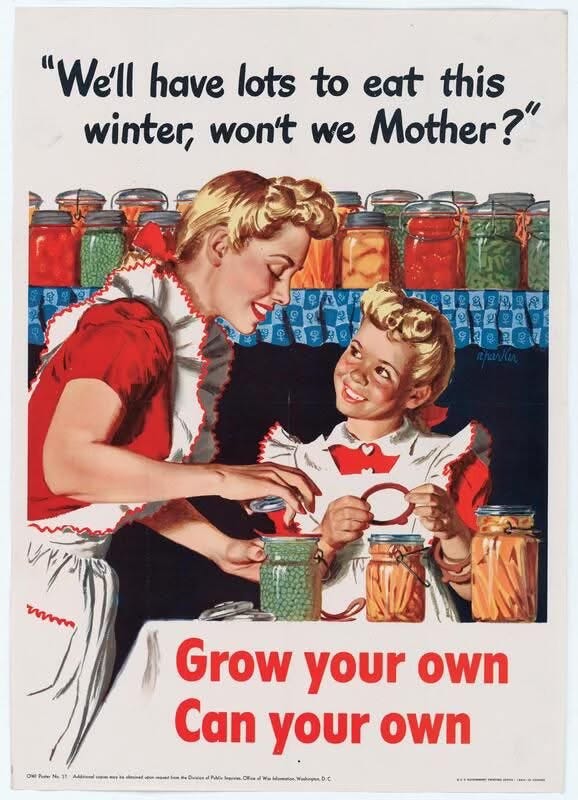




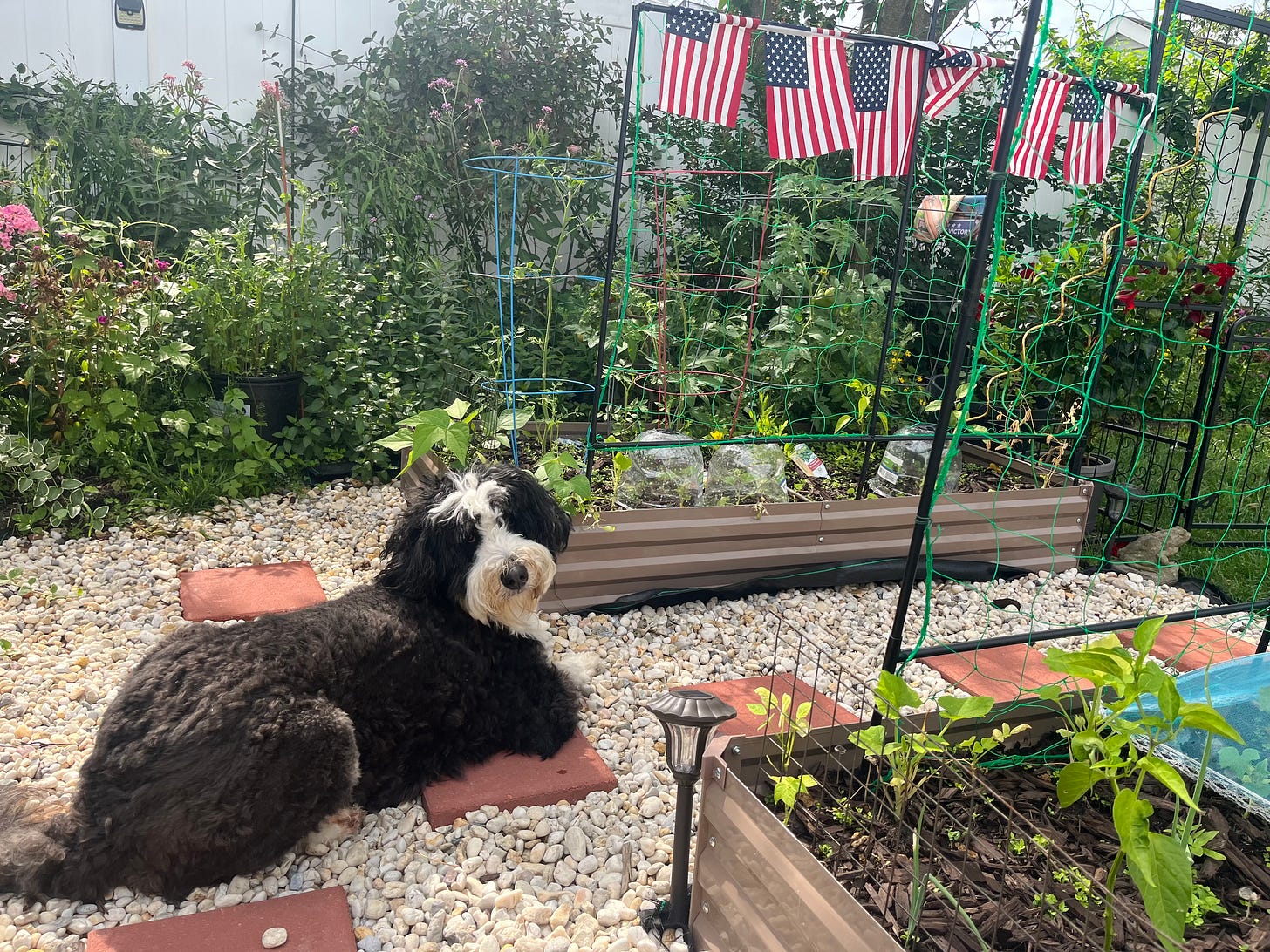

it is a marvelous endeavor!
How about a Peace Garden, I never liked War